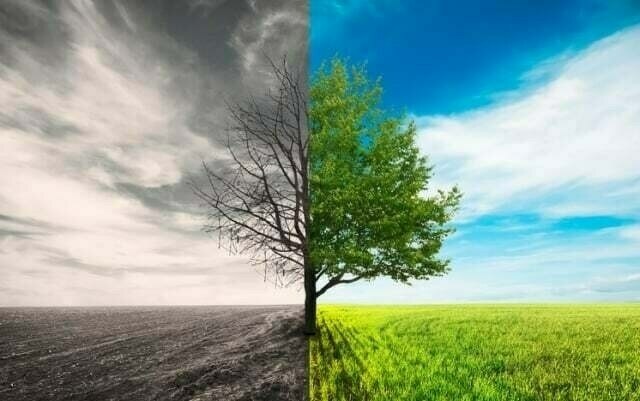EDITORIAL: It says something about the global climate conversation when the hosts of COP29 must chase the IMF and World Bank for a meeting — and still come away empty-handed. That’s what Azerbaijan’s lead negotiators are now warning about: a quiet but unmistakable retreat by the world’s leading financial institutions from the very commitments they helped shape.
This is not a technical delay or a bureaucratic glitch. It’s a political message — one the poorest and most vulnerable countries can hear loud and clear. Climate finance, the one lever of justice in a warming world, is being quietly sidelined. For countries like Pakistan, which knows better than most the cost of extreme weather and broken promises, this should be deeply alarming.
It was just two years ago that much of the world stood with Pakistan in the aftermath of catastrophic floods. There were donor conferences, high-level speeches, solemn declarations. Yet very little of the aid pledged at the time has actually arrived. Pakistan’s experience is no exception — it is, unfortunately, becoming the norm. The sums promised at international forums rarely make their way through bureaucratic pipelines, and when they do, they come tied to layers of conditionalities that undercut their effectiveness.
What’s different — and more dangerous — about this moment is the growing ideological shift. At the recent spring meetings in Washington, even as COP29 negotiators tried to revive the climate finance conversation, the reception was reportedly cold. Instead of reaffirming commitments to the USD 300 billion annual pledge made last year, officials from leading economies, particularly the United States, emphasised so-called “dependable technologies” like gas. Climate goals, it seems, are being replaced by energy realism.
That would be an error of historic proportions. The developing world’s transition to cleaner, more resilient infrastructure requires not just encouragement, but real capital. The estimated need of USD 1.3 trillion annually by 2035 isn’t just a negotiating position — it reflects the cost of adaptation, mitigation, and survival. If multilateral lenders and the world’s richest economies choose this moment to step back, the fallout won’t be limited to emissions. It will deepen poverty, entrench inequality, and push fragile states toward crisis.
There is also a basic moral imperative. The countries now resisting climate finance are also the ones that built their wealth on the back of centuries of carbon-intensive growth. The atmosphere’s carbon budget has been disproportionately spent by the industrialised world. For them to now shrug at the consequences while the poorest nations suffer the most is not just unfair — it’s untenable.
Pakistan, like many countries in the Global South, is already paying the price. Its own development ambitions are repeatedly undermined by the dual burdens of extreme weather and unsustainable debt. It cannot invest in long-term resilience while being forced to borrow at punitive rates for recovery. That’s why the conversation around climate finance is so critical. It’s not just about cutting emissions — it’s about rewriting the financial terms of survival.
The world does not need more declarations. It needs enforcement mechanisms. It needs binding frameworks, credible delivery pipelines, and a reorientation of international lending priorities. That requires leadership — not just from climate ministries or environmental agencies, but from finance ministries and central banks. It also demands that institutions like the IMF and World Bank be held accountable to their own mandates.
The alternative is a global system where the rich protect themselves and the poor pay twice: first with lives and livelihoods, then with debt. That is not a future anybody should accept.
Copyright Business Recorder, 2025
